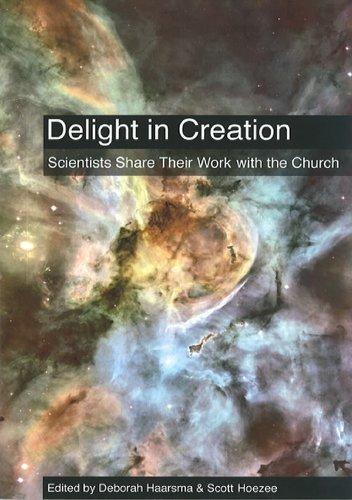Science and Theology Website Updated

One of the books featured on the Ministry Theorem website
Ministry Theorem
In 2014, the Synod of the Christian Reformed Church in North America asked Calvin College and Calvin Theological Seminary to compile a list of resources on “the relationship of science and theology, especially as they relate to the doctrines of creation, the fall, original sin, and atonement.”
Five years earlier, a grant from the John Templeton Foundation birthed the original Ministry Theorem – just such a collection. That site, as the result of action by synod, has been recently updated.
Meanwhile, the “Science for Ministry” grant program of the Templeton Foundation was the catalyst behind several other science-meets-theology initiatives.
Calvin Seminary’s grant program was co-directed by the Center for Excellence in Preaching’s Scott Hoezee and Calvin College astronomy and physics professor Deborah Haarsma, who has gone on to become the president of Biologos, a website that “invites the church and the world to see the harmony between science and biblical faith ….”
Synod’s more recent request spurred the redesign of the Ministry Theorem website, spearheaded by Mary Bardolph of the Center for Excellence in Preaching. The site has been reorganized to better present resources that inspire wonder at the intricacies of God’s creation and address areas of seeming conflict between science and theology.
This collection of resources, including books for a range of audiences, videos, and a series of articles written specifically for the site, has been vetted and curated by professors at Calvin College and Seminary.
Looking to better serve the scientists in your congregation, mobilize your church for creation care, or renew your own sense of “astonished thankfulness” for what has been created and offered to us?
The Ministry Theorem can help with these and dozens of other topics. Check it out to discover the ways that Christians can “view science as a partner in the preaching and teaching ministry of the church.”


